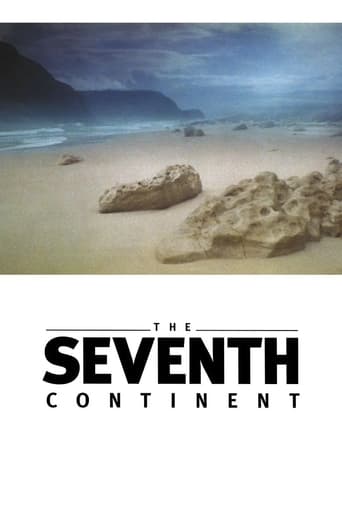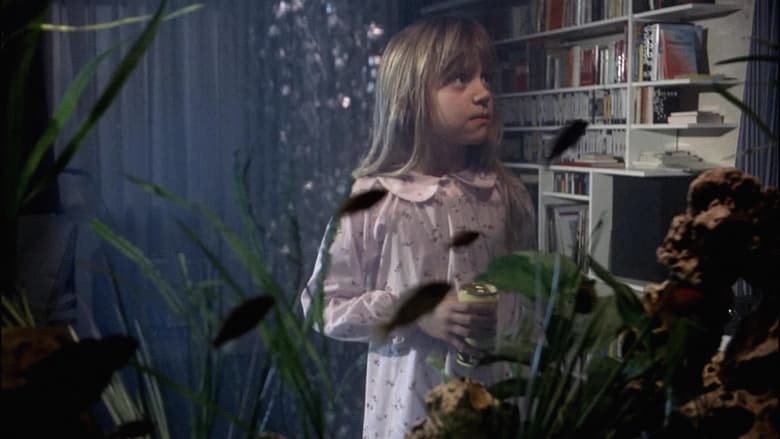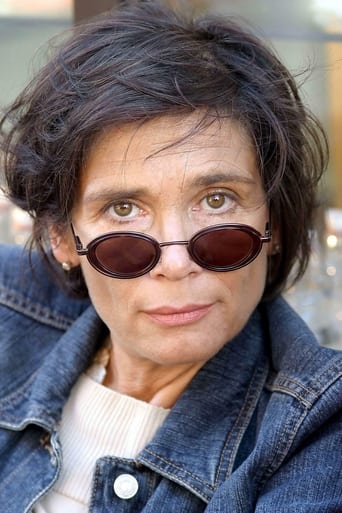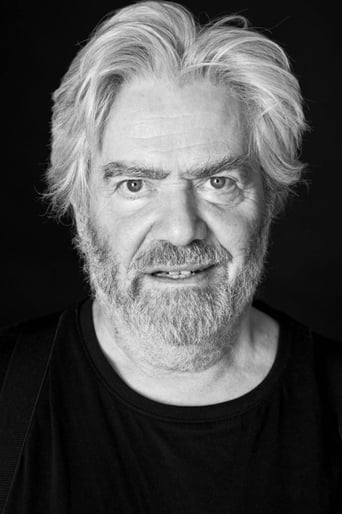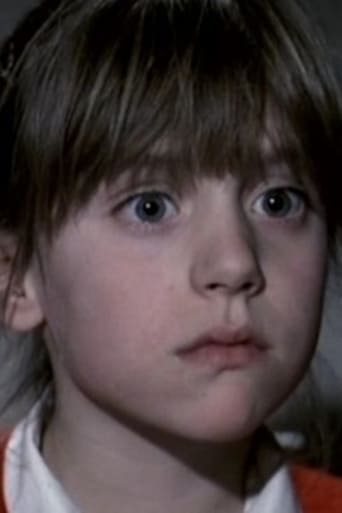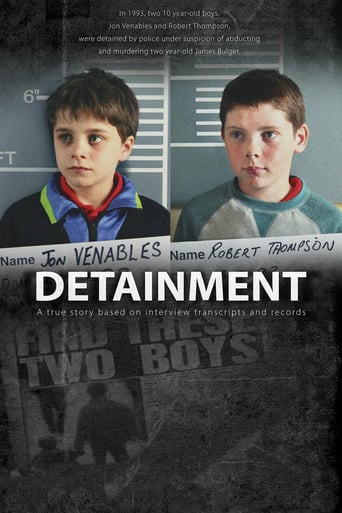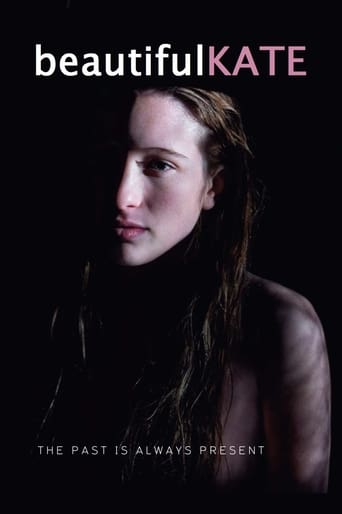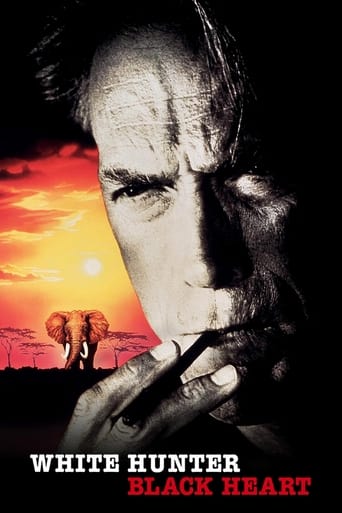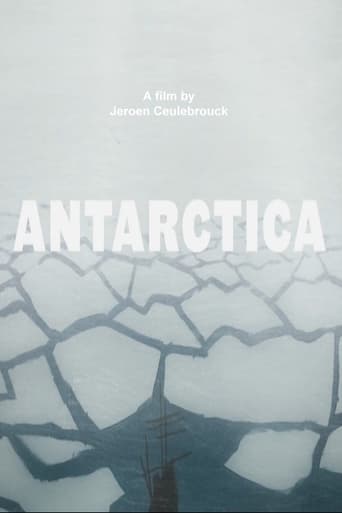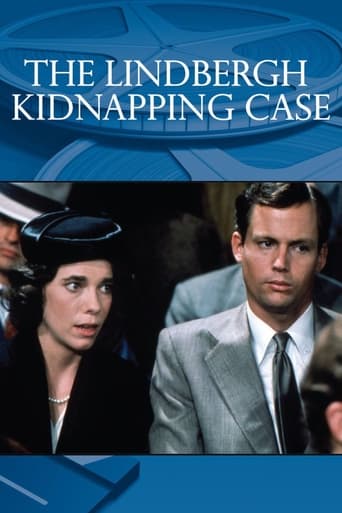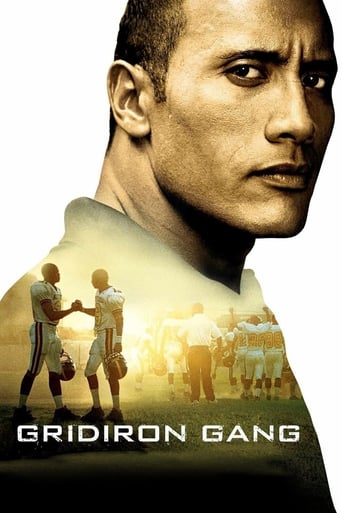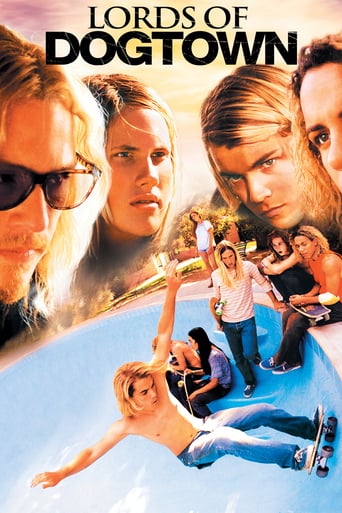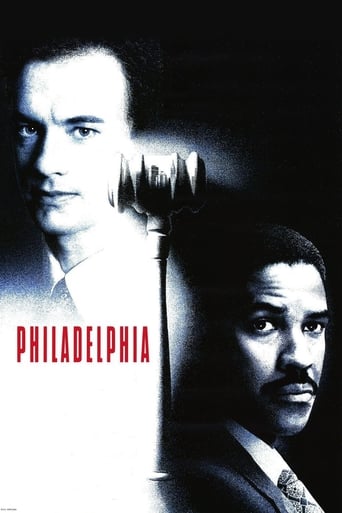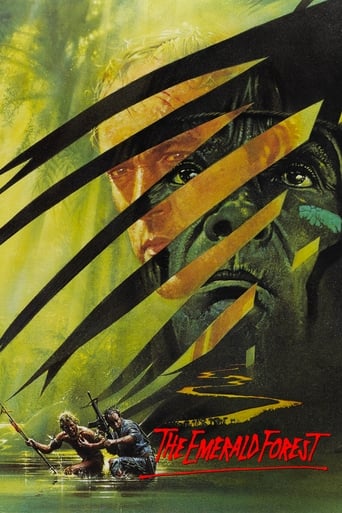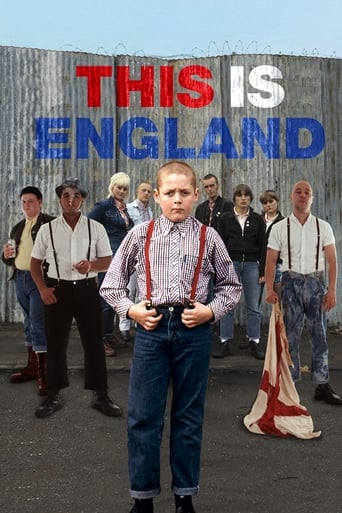The Seventh Continent (1989)
Chronicles three years of a middle class family seemingly caught up in their daily routines, only troubled by minor incidents. Behind their apparent calm and repetitive existence however, they are actually planning something sinister.
Watch Trailer
Free Trial Channels
Cast


Similar titles
Reviews
The film was still a fun one that will make you laugh and have you leaving the theater feeling like you just stole something valuable and got away with it.
Not sure how, but this is easily one of the best movies all summer. Multiple levels of funny, never takes itself seriously, super colorful, and creative.
There's no way I can possibly love it entirely but I just think its ridiculously bad, but enjoyable at the same time.
The tone of this movie is interesting -- the stakes are both dramatic and high, but it's balanced with a lot of fun, tongue and cheek dialogue.
Haneke begins his debut film with a shot of a family going through a car wash that lasts more than 8 minutes. Not exactly the most riveting of beginnings. The next sequence is something everyone can relate to; waking up to the buzzing alarm clock, getting ready for the day's events, and having breakfast. This has a inkling of familiarity to it, because for almost the entirety of this scene Haneke avoids showing our family's faces. He shoots closeups of milk being poured, of coffee being prepared, of shoes being tied, of pet fish being fed. It is only until later that we get a clear view of these people. Instead, what characterises them is this droning voice-over of a letter being narrated from the mother Anna to her in- laws. Life is well. Georg is on the brink of a promotion. Alexander has recovered from his mental breakdown. See, it's nothing but good news. At the start of part 2, Haneke repeats the same sequences. The waking up, the breakfast, the getting ready for work. Again, the droning voice-over bears good news. George is head of his division. Alexander is much better. The new boss is coming for dinner. Posters, and dreams, reveal the same recurring landscape of an Australian beach, its waves pushing up against the shore. This has an eerie calmness about it, because in the background is a giant mountain range that renders the waves physically impossible, like a fantasy gone wild. But they yearn for it anyway. In the repetition, the daily struggle becomes a slow, torturous existence, marked by these empty soulless routines that begin to consume them. By the time part 3 rolls around, the voice-over slips into its final, chilling denouement. Haneke's stylistic tendencies are most obvious in his debut, and less restrained. He uses no non-diegetic sounds so that the family has to endure the uncomfortable silence and the buzz of all things living while they barely live themselves. This allows the blackout cuts to flow from one period to another, and symbolise passing of time while nothing else changes at all. The washed out, pale palette captures these sterile environments at their peak banality, and the long takes, still and unmoving, linger for longer than necessary until the presence of the camera becomes uncomfortable. He then shatters these portraits with moments of such startling and unnerving emotion; Alexander breaking into sobs at the dinner table, Anna slapping Eva after promising not to do so, her later breaking down in the car, and so on. This mood is repeated in the final segment to such stunning effect. They systematically destroy their lives in the same vapid, tired manner as they have been behaving throughout the film. They get their affairs in order, delegate the shop to Alexander, close their bank accounts and withdraw all their cash. Then the entire house is trashed. Furniture is ripped beyond repair. Clothes are cut into ribbons. Cupboards are empty. This is all done silently, devoid of any emotion or rage or distress. Then again, he shatters the air of nonchalance in the only way he can, through the young Eva, who after the days in and days out of feeding the fish, cannot take smashing the fish tank. Later Anna reacts the same way as she sobs over her corpse, while an almost comatose George watches on and follows put with the suicidal dose. It takes a great deal of skill and sensibility to make a film with this sort of subject matter, and it is even more impressive in a debut. What is crucial to its execution is its ability not to understand why a family would do such a thing...but to merely linger in the presence of their despair. Nothing is learned or gained, but we attempt to rationalise and decipher it anyway. Haneke would later master this concept in Hidden, but here is is just as horrifying. Against so many screen portrayals of suicide that are romanticised and exaggerated, this rings truer, more painful.
Seriously, this movie is so boring! *spoiler coming you'll regret you never read*The story of the movie is: couple with a daughter, bored of their meaningless everyday lives decided to suicide but first sells all their assets, flushes their money and destroy their belongings. Thats it!!!! Seriously, thats it, you'll thank me for not letting you see this booooooring 2 hours long movie where nothing happens!!Endless meaningless scenes like brushing teeth, eating cereal. Static scenes also, no camera movement for the entire movie. I begged for something good to happen but no...
This movie is not so bad. I rented it because I was intrigued by the conceptual gloom it promised. But the actions of the family are not committed wholeheartedly, the mother is reluctant to follow through, indicating a hidden normalcy to the characters. The suicide is referenced in voice-over letters and in explanations as to how it "should" be done before it actually is done, (e.g. the father breaking down a shelf and telling his wife, who is drawn into the room and bewildered by the scene, "it is best if we do it systematically"). I felt that it would have been stronger if the family had not referenced it, but had just done it in an organic, fluid and uncompromising manner. When the characters have lines foreshadowing their suicide, it gives it a predictability as banal as the bureaucratic world the family is abandoning. I haven't seen any of Michael Haneke's other movies, but he seems like a very deliberate, intellect-wielding director. Sort of like a contemporary Godard, although he had to break from Godard in order to replace him. I was watching this with a friend, who said, "I feel like he is making a clear-cut argument." I felt the same way. Although I am not opposed to this way of approaching film-making, it detracts from the characters, because they become tools of the director's thesis rather than living, emotion-showing individuals. This movie is not disturbing, it isn't depressing, it's just a point of view, cut and dry. I did like one thing about this movie- the way that it was shot. It has a photographic crispness to it.
I went into this film with very high expectations. Unfortunately, I can't say that it lived up to them. The first hour is incredibly dull, as we watch an upper middle-class family lifelessly perform mundane tasks (take a shower, eat breakfast, tie shoes, etc.). I failed to sympathize with any of the characters, and some scenes dragged on so long that I found my mind wandering. I generally don't mind long takes, and even in other films by the same director (Funny Games, Benny's Video, etc.) thought they were used extremely well. However, here they were simply tedious.The film wasn't totally a let down however; far from it. The last 45 minutes really picks up intensity and re-grabs the viewer's interest. I won't spoil anything for those who haven't seen it, but the scene in which the family destroys their own house and possessions is extremely well done. The ending is bleak and depressingly powerful, and I realized that it wouldn't have worked without the boring first hour. But that doesn't change the fact that it was boring.Overall, I had trouble giving this film a number rating, but I guess it would be somewhere around a 6/10. I think it's possible that that number would change on a second viewing, but to be honest, I doubt I would ever want to watch this film again.

